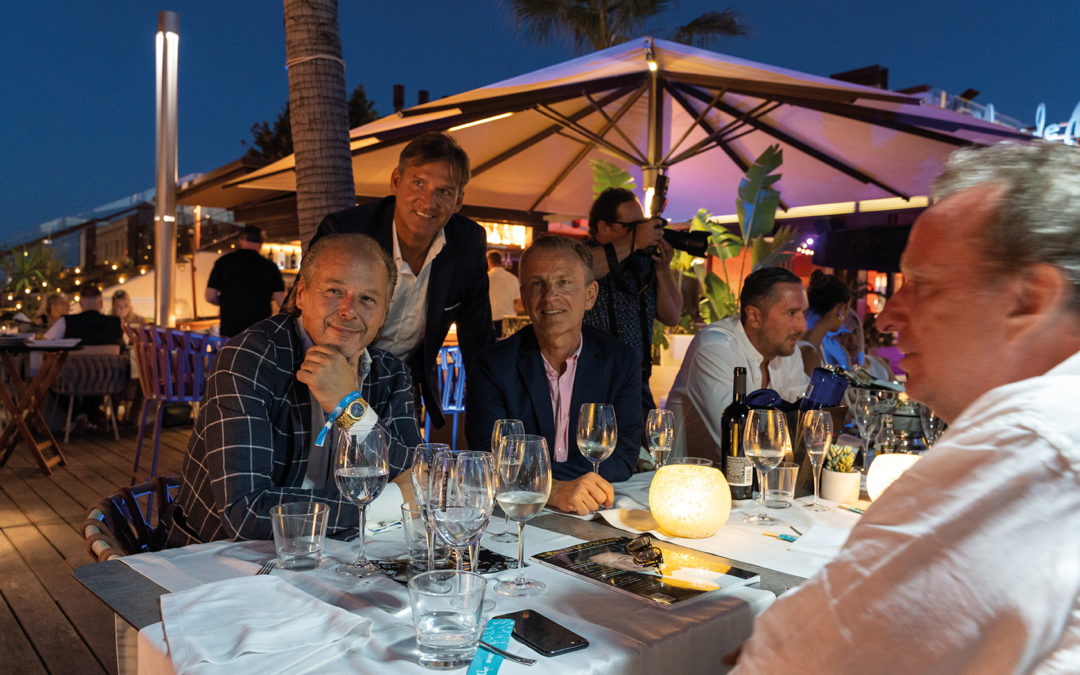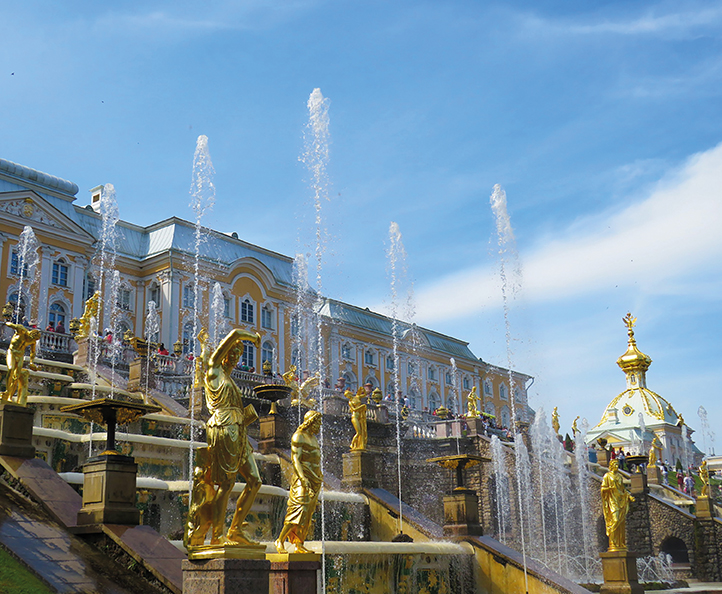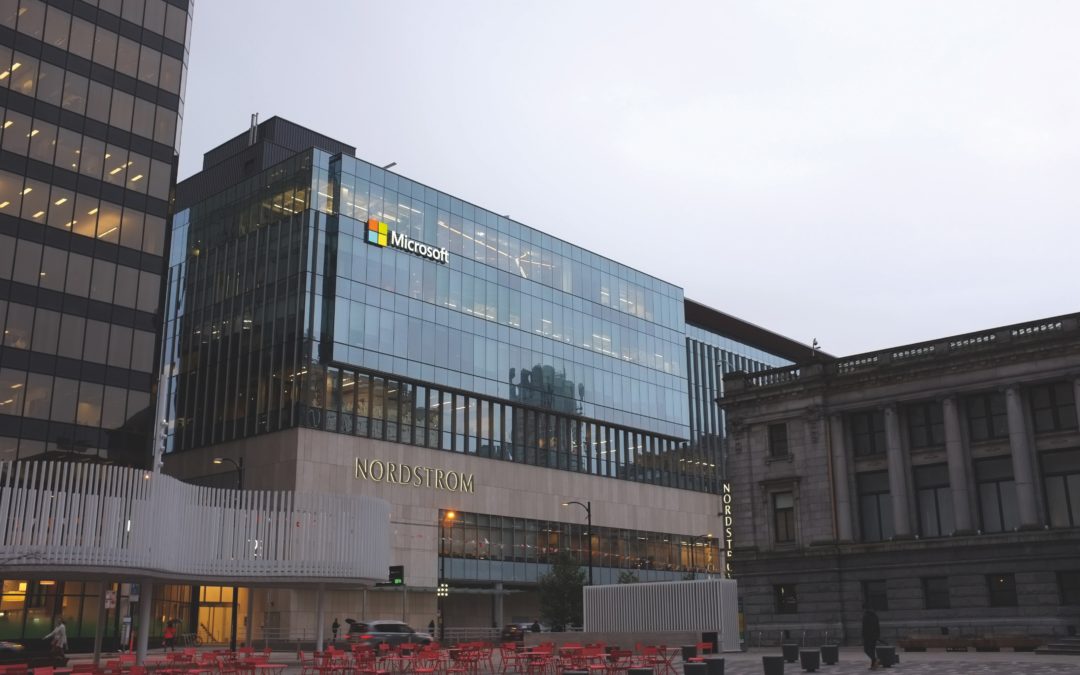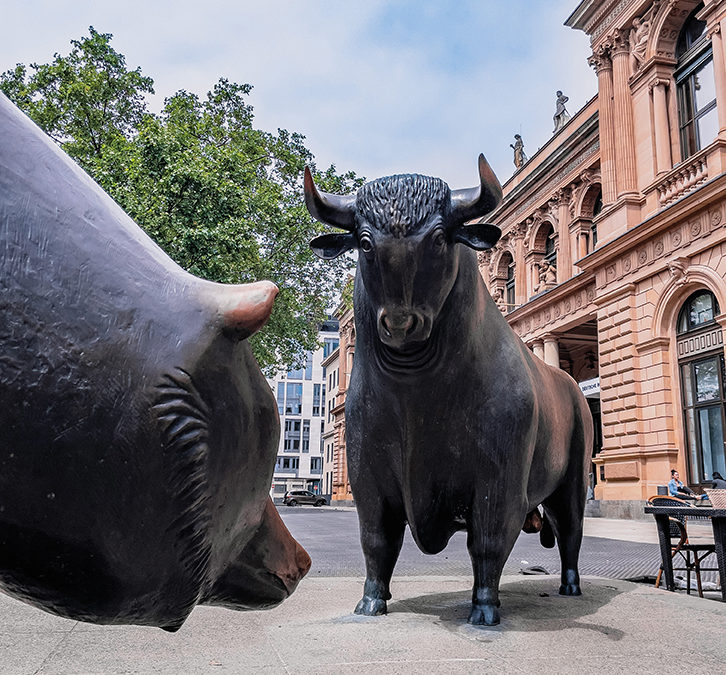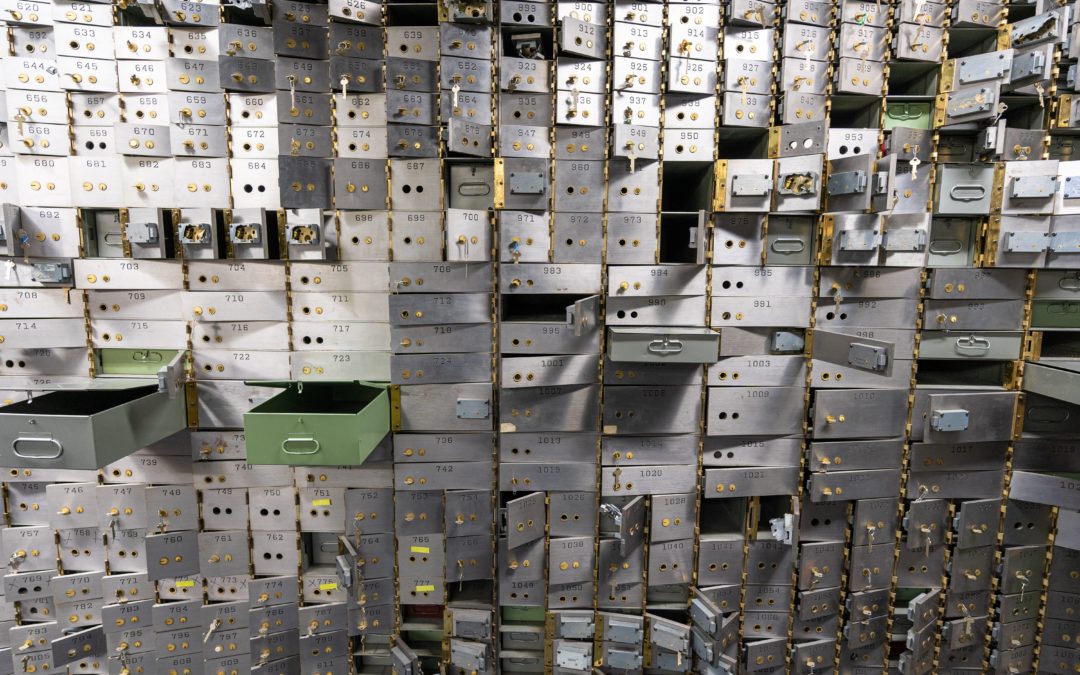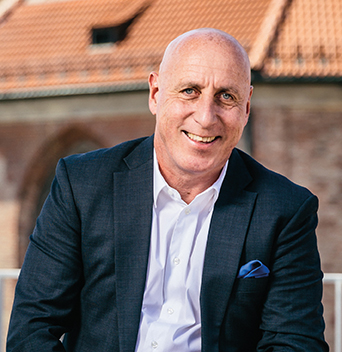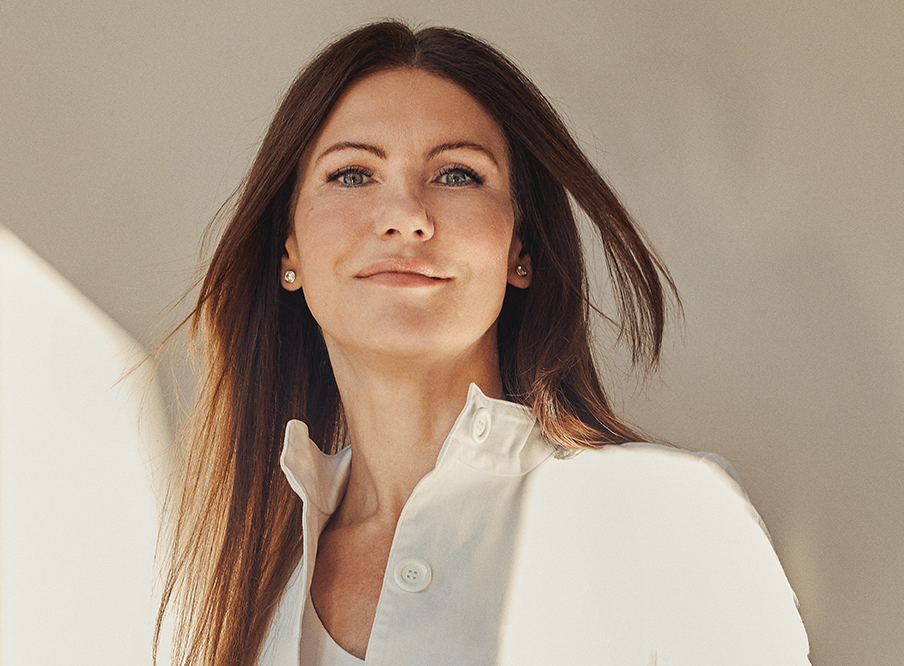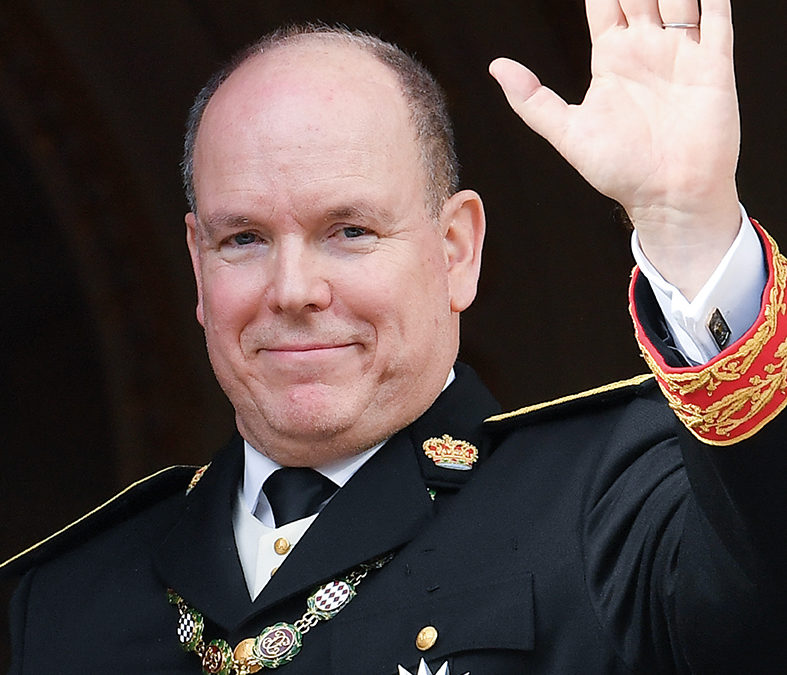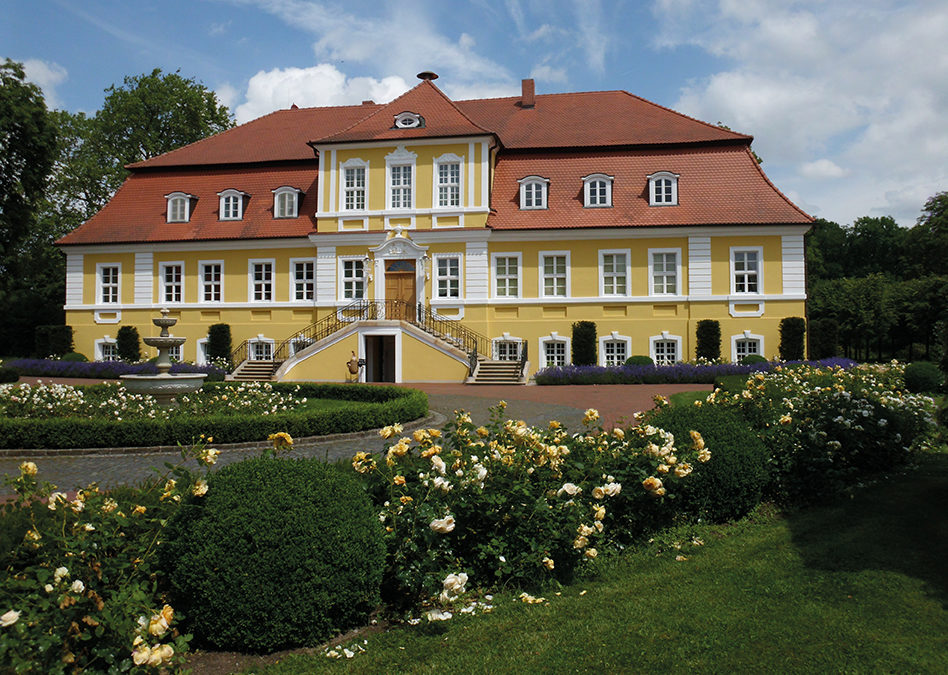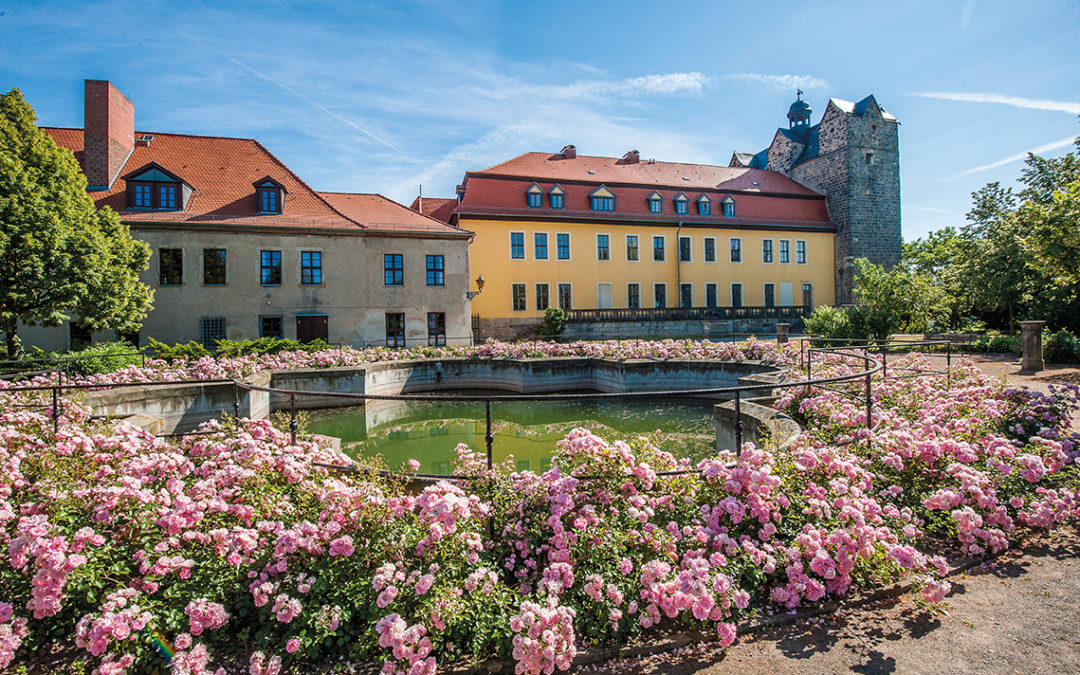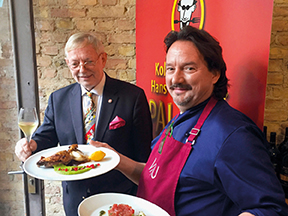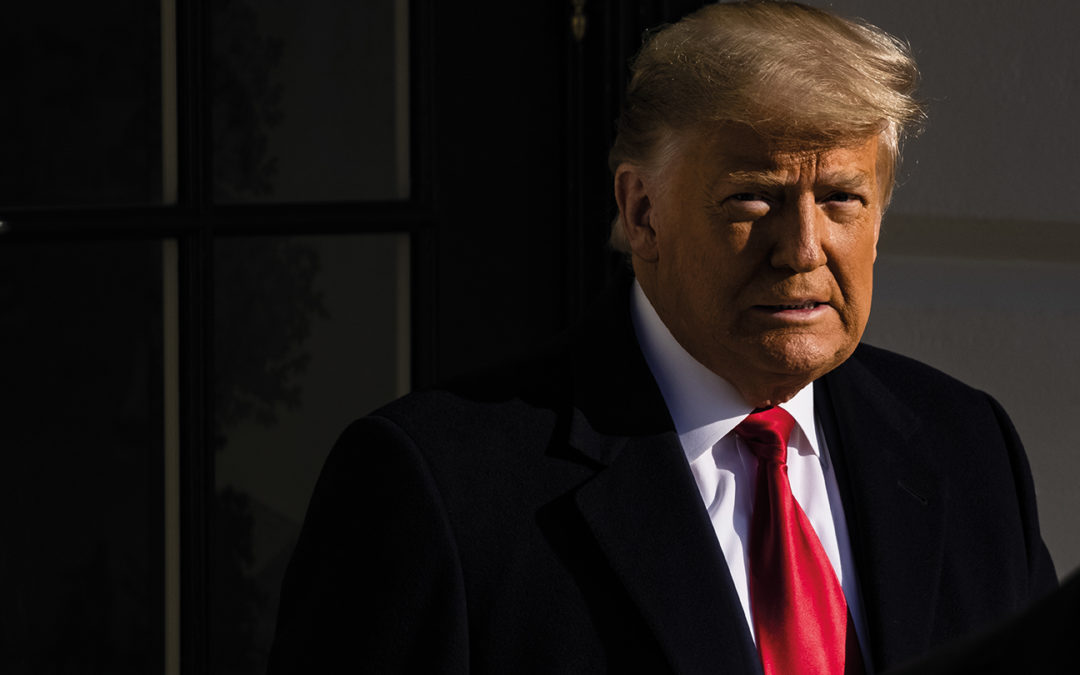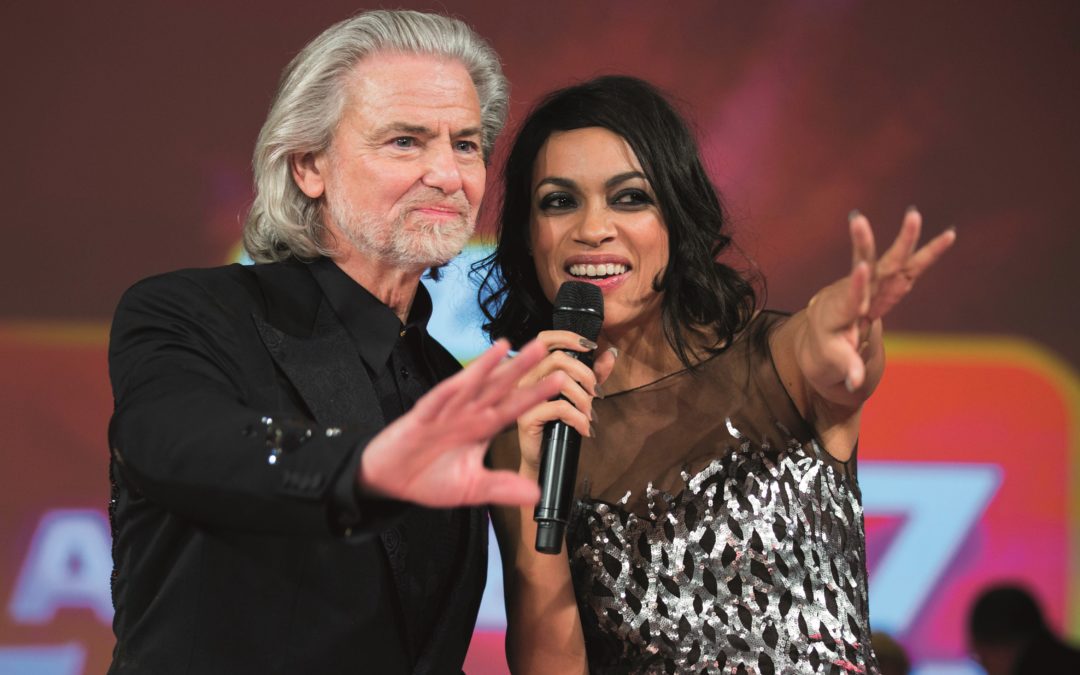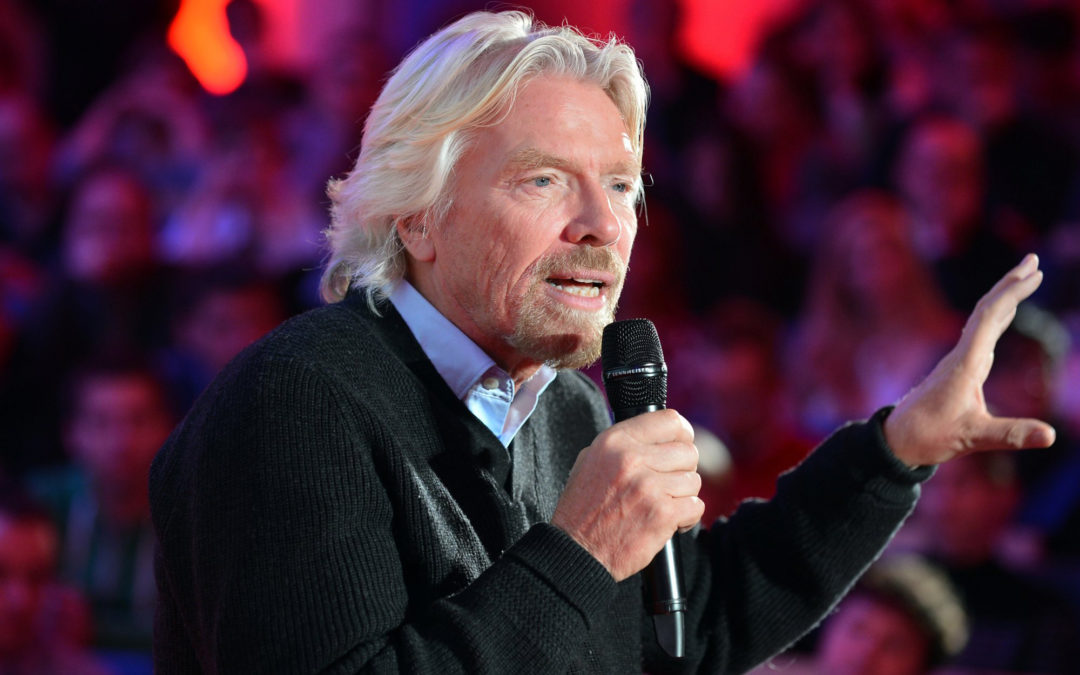In addition to aspects of the will, which are of particular importance in order to avoid inheritance disputes among the descendants and also tax problems, special attention should be paid to the timely search for a successor who will take the company’s fortunes in hand in order to lead the company into the future.
Many entrepreneurs do not manage to make the leap as a company director in their old age and remain in the boss’s chair beyond the originally planned age limit. Often there is no suitable successor. On the one hand, because there are no external or internal candidates from outside the family. Or on the other hand, because there is no one in the family who can follow in the patriarch’s footsteps due to their qualifications or their own life plans, or who has the confidence to do so. The expectations of the head of the family are too great and the chance to shine as a successor and to find the appropriate freedom and recognition to be able to realise oneself is too small.
Frustration is also inevitable when everything is actually going well, but the senior decides again and again to hang on for a few more years …
One of the most prominent examples is Theo Müller, owner of the Müller Milch food group. After several attempts to get one of his sons to take the helm, various non-family managers tried their hand before his eldest son Stefan finally took over the supervisory board mandate of his father, now 81, in 2021. This was preceded by family disputes and the departure of various non-family managers who complained, sometimes behind closed doors, sometimes publicly, that the patriarch simply could not let go.
Another example is the entrepreneurial legend Heinz Hermann Thiele, majority shareholder of Knorr-Bremse and most recently known for his involvement as a major shareholder of Lufthansa, who died at the beginning of 2021. Although Thiele was an avowed fan of the Quandt/BMW model, in which the shareholders sit on the supervisory board but leave the day-to-day business entirely to the management, he was unable to implement this for himself. Although Thiele officially withdrew from the Knorr-Bremse management in 2007, none of his successors was able to really establish themselves, as the patriarch continued to pull the strings in the background and repeatedly interfered in day-to-day business.
Many entrepreneurs from small and medium-sized enterprises do not even dare to try to build up a company structure with different management levels. After the head of the company comes nothing in the hierarchy for a long time and then employees follow in “assistant roles” who have never learned to take on management responsibility. Real “doer”, as they would actually be urgently needed, are then often not to be found in the workforce or have already left the company in frustration to seek their opportunities for advancement elsewhere. They seek the opportunity that they did not get at their previous place of work.
Departing external managers, frustration with family members who simply don’t want to get on track, have their own ideas, their own minds or are actually not qualified to succeed, all this often leads to a vicious circle in which the entrepreneur sees himself confirmed that it simply won’t work without him. He has found proof for himself that he is indispensable to ensure the well-being of the company. He clings to his boss’s chair and often leaves it only when it is inevitable, usually through illness, often through sudden death. The chance for an orderly succession is then lost, the life’s work is at risk and the company faces difficult times ahead.
This is often also because the “belief in one’s own immortality” leads to a lack of an optimised testamentary disposition that ensures the continuity and well-being of the company. As mentioned at the beginning, tax problems and/or a breakup of the company are often the result.
But even before the departure of the company leader, there are a multitude of problems that endanger the company. With age, physical and mental abilities inevitably decline – sooner for some, later for others. The stress level drops and the flexibility to react to changes decreases. Everyone knows this, but confirmed by (previous) entrepreneurial success, many believe themselves to be the famous exception to the rule. Reality, on the other hand, speaks a clear language … Of course there are these exceptions, but the longer the senior’s follow-up time, the greater the risk for the company.
In preserving the current state, the company is also denied the opportunity for renewal. It fails to anticipate trends, to rely on previously unknown opportunities and technologies and to permanently reinvent itself. This applies to different markets and companies to varying degrees, but the demands of digitalisation alone are a central part of securing the future for the vast majority of companies.
Some industries are being completely upended by disruptive changes and almost all industries by digitalisation; such major changes can hardly be managed without a breath of fresh air in management.
Examples where company succession was tackled early on and the company’s own junior staff became active at an early stage with a focus on digitalisation are, for example, Rossmann (drugstores), Fielmann (opticians) or Sixt (car rental).
If the company is not rejuvenated, there is a danger that a “dinosaur” will be established over many years, whose problems may not surface for many years. Often it is then too late for a correction, the company leader is too old or no longer powerful enough to initiate a turnaround.
A modern company needs a breath of fresh air and this must come from the top and be ignited by the company management. The possibility to create a start-up culture in the existing company is essential in order to realise new ideas that ensure the future viability of the company.
This can only be done with capable successors who have been trained for many years and have absorbed the DNA of the company, i.e. can build a bridge from the existing to the future path of the company. An entrepreneur who still has a few active years left can use them to support the successor(s) as an advisor (for example on the advisory board of the company) and to accompany the further path with his or her experience. This combination should ensure the best possible succession plan. However, it is also important to give the newcomer(s) the necessary freedom and responsibility. This also includes allowing mistakes and the corresponding learning processes.
An early and long-term planned succession plan also gives enough time to approach the changeover process cautiously, to tread new paths alongside the established ones and not to question everything that was done before, but to tackle changes with the right time horizon to secure the future.
A handover that is too sudden also harbours the risk of insecure employees who are exposed to new leadership and often also a new management style overnight and first have to come to terms with it. The same applies to customers, suppliers and service providers.
Patience and consideration are not only required of the senior, but also of the potential candidates for succession. There should be understanding for the fact that “the old man” cannot let go overnight and interferes here and there more than one would like. Communication that is permanently adapted to the circumstances can ensure that no peaks arise and disagreements are cleared up early. As a result, it must be ensured that the company management is perceived as a unit and presents itself in an orderly manner to the lower levels. Despite the rapid change due to digitalisation and disruption in many industries, the previous company leader should not be labelled as eternally outdated, but should also consider that he or she can be an indispensable advisor for the company with his or her experience. The best results can come from working together, the successor can be sure of the entrepreneur’s support and the uniform appearance towards the staff and the company environment increases the chances of an orderly handover.
André Franzmann, born in 1967, graduate in business administration in Cologne, has built up various companies in the entertainment software sector since 1998 (including rondomedia GmbH, astragon Entertainment GmbH) as well as advising start-ups and accompanying them as co-founder and business angel. At the end of 2013, at the age of 46, he retired from active management, handed over to a team of three managing directors with many years of experience and finally completed the exit in 2022 with a complete sale worth 100 million euros to Team 17 plc. He continues to be active in start-ups and real estate with his rondoventure Beteiligungs GmbH.
